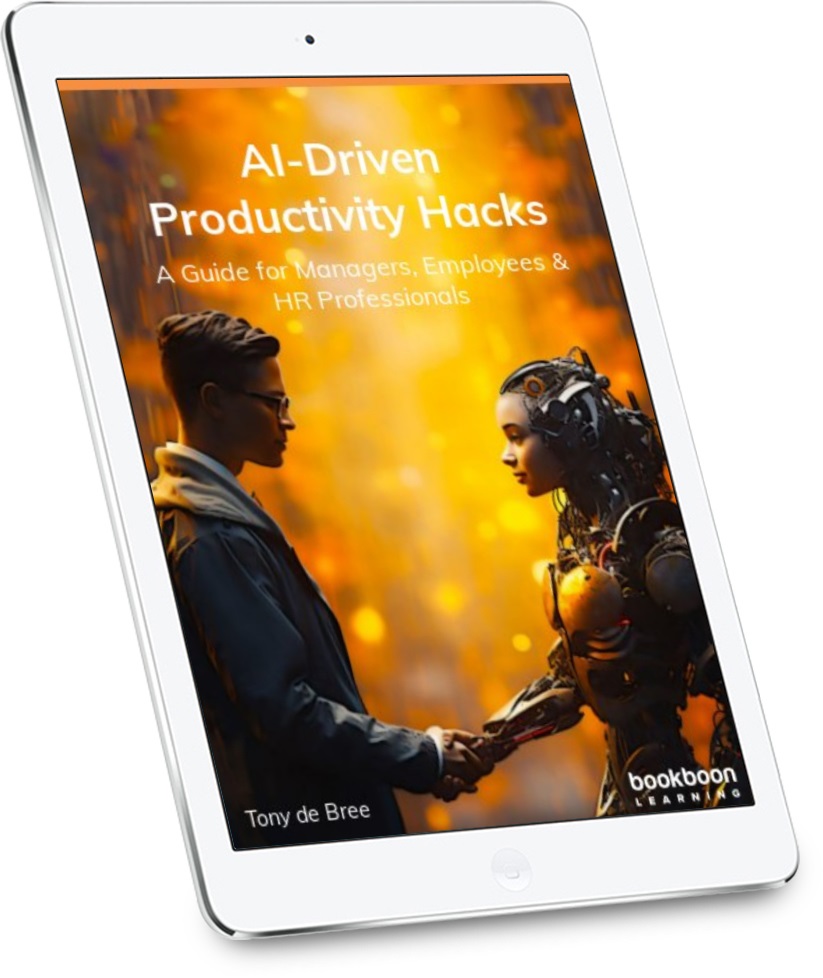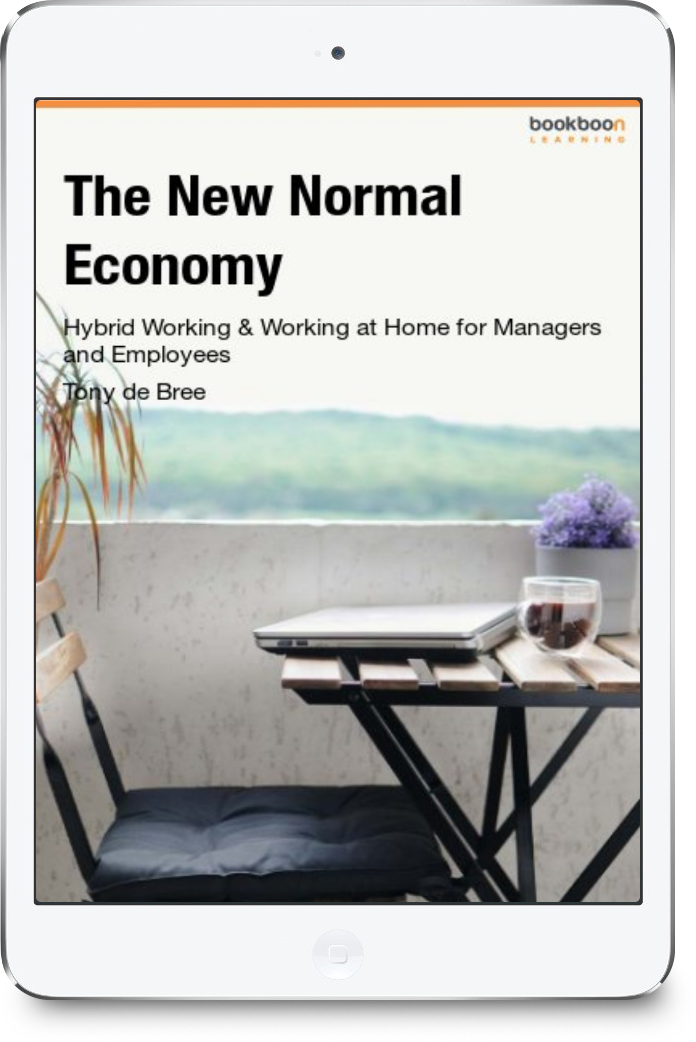Approximately 300 million full-time jobs worldwide could be automated in some way by the latest wave of artificial intelligence, of generative AI, that platforms such as ChatGPT have brought about, according to economists from Goldman Sachs.
They predicted in a report on March 29, 2023 that 18% of work worldwide could be automated, with the effects being felt more deeply in advanced economies than in emerging markets.
This is partly because white-collar workers are at greater risk than manual laborers. Administrative staff and lawyers are expected to be the most affected, according to the economists, compared to the “minimal effects” on physically demanding or outdoor professions, such as construction and repair work.
In the United States and Europe, about two-thirds of current jobs “may be exposed to AI automation to some extent,” and up to a quarter of all work could be done entirely by AI, the bank estimates.
If generative artificial intelligence “fulfills the promises made, the labor market could undergo significant disruptions,” the economists wrote. The term refers to the technology behind ChatGPT, the chatbot sensation that has taken the world by storm.
More: The Great AI-Layoff, ChatGPT and the future of work & Book AI speaker Tony de Bree
ChatGPT, which can answer questions and write essays, has already prompted many companies to reconsider how people should work every day.
Open-ai is unveiling new versions regularly and so do companies like Microsoft that are using ChatGPT and Open-ai as a basis for some of their own AI-powered apps like Dall-E.
Further application of such generative AI is likely to result in job losses, wrote Goldman Sachs economists. But they noted that technological innovation that initially displaces workers has historically also created long-term job growth.
Although many people’s future of work may look bleak, widespread use of AI could ultimately increase labor productivity – and increase global GDP by 7% annually over a 10-year period, according to Goldman Sachs.

“While the impact of AI on the labor market is likely to be significant, most jobs and industries are only partially exposed to automation and are thus more likely to be complemented rather than replaced by AI,” the economists added.
“Most workers are employed in professions that are partially exposed to AI automation and are likely to apply at least some of their freed-up capacity to productive activities that increase output after AI adoption.”
Of the American workers expected to be affected, for example, 25% to 50% of their workload “could be replaced,” the researchers added.
“The combination of significant labor cost savings, new job creation, and a productivity boost for non-replaced workers increases the possibility of a labor productivity boom such as that which followed the rise of earlier widely used technologies like the electric motor and personal computer.”
Learning how to make money and save money in the online gig economy, is a good way to start a plan B and secure the future of your own work and income.
Anyway, it’s time to act now and to make an appointment.
Schedule a call.
If you are worrying about the future of your work and you want to learn how you can use ChatGPT for the future of your work or if you want to start you own company, contact us today for a free online intake session. Please email your mobile number and the link to your LinkedIn profile using this form. Then we immediately will contact you to schedule that call or face-to-face meeting.
Kind regards,
Tony de Bree
p.s. Let’s connect on LinkedIn and follow me on Instagram and on Twitter @tonydebree & @fintechtrends.


